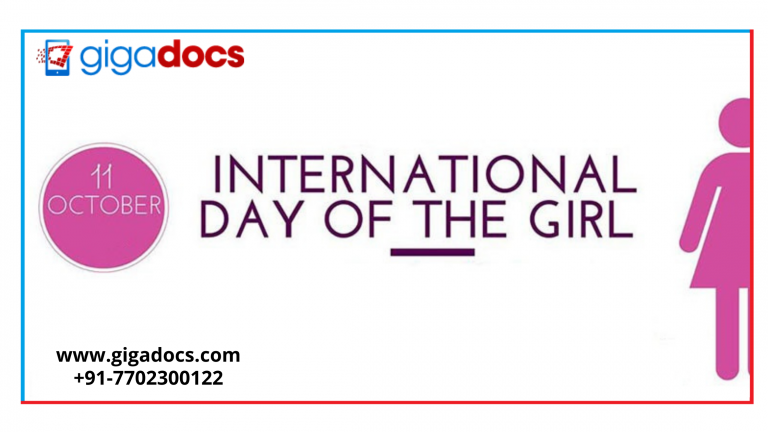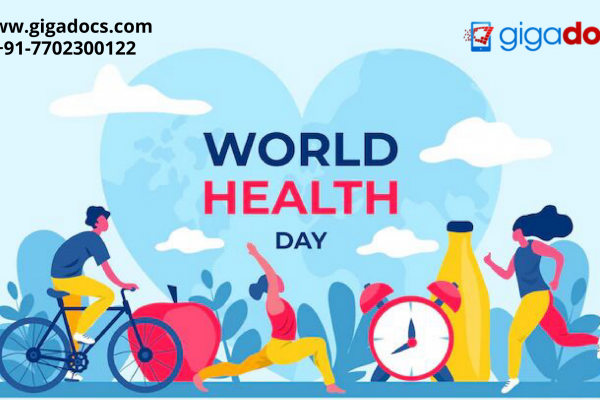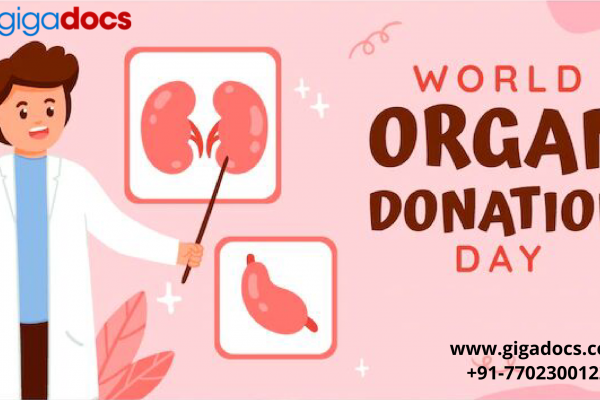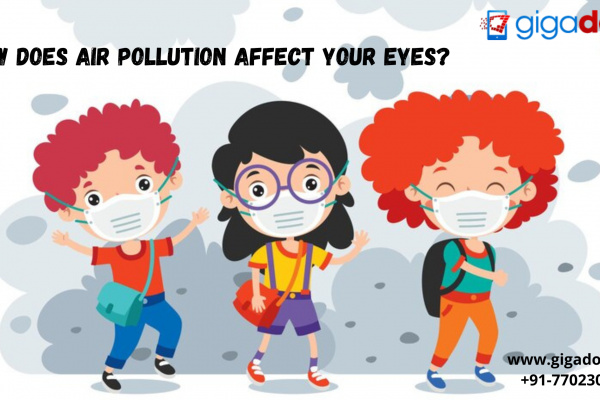Girls are agents of change. Around the world, they are drivers of growth. Girls defy stereotypes and barriers imposed by exclusion and typecasts, particularly those directed at disabled children and those living in marginalized groups.
October is an important month dedicated to the well-being of the girls and women in particular. This month marks the International Day of the Girl Child, World Perimenopause Day, and World Menopause Day. This blog will take the readers through the health concerns in girls and women and deal with menopause and perimenopause symptoms and lifestyle changes required for a smooth menopause transition. Leys begin by understanding the International Day of the Girl Child.
| International Day of the Girl Child 2021 Gender equality and women’s empowerment stand tall amidst two of the 17 Sustainable Development Goals set by UN member countries in 2015 that aim to recognize girls and women’s power. The International Day of the Girl Child 2021, observed on the 11th of October, bought together girls worldwide and UN agencies and civil society organizations to acknowledge girls’ rights, power, and potential worldwide around the theme, “Digital generation, Our generation.” |
It is necessary to mark the International Day of the Girl Child; it is equally crucial to care about women’s health. World Perimenopause Day and Menopause Day point in that significant direction that needs urgent attention. Going further in this blog, let’s understand more about perimenopause, menopause transition, and menopause.
What is Perimenopause?
Perimenopause represents the time preceding menopause. According to a study, nine out of ten women were unaware that their symptoms were related to perimenopause and instead blamed them on age, stress, worry, and depression. A woman can reverse perimenopause symptoms like hot flashes, insomnia, brain fog, and low energy levels by adopting a healthy lifestyle that addresses the woes of millions of women worldwide who shut themselves to agony and isolation. During perimenopause, the estrogen levels rise and decrease irregularly, which adds to the discomfort.
Menstrual cycles may prolong or shorten, and women may begin to have periods during which their ovaries do not release an egg (ovulate). Perimenopause normally occurs in a woman’s early to mid-forties, about two to ten years before her period’s end. Here are the signs of perimenopause that women need to be alert about-
Symptoms of Perimenopause
- Period changes
- Sleeping problems
- Hot flushes
- Anxiety
- Low Mood
- Night Sweats
- Joint aches
- Stress
- Low energy
- Brain fog
- Loss of sex drive
- Skin changes
- Irregular periods.
- Hot flashes (Sudden feeling of warmth, which can cause profuse sweating).
- Decreasing fertility.
- Changing cholesterol levels.
- Bladder control issues that can include:
- Stress incontinence (leakage when you cough, sneeze or lift something heavy).
- Urge incontinence (leakage because your bladder squeezes at the wrong time).
- Painful urination (discomfort each time you urinate).
- Nocturia (feeling the need to get up in the night to urinate).
| World Perimenopause Day No two women’s experiences are the same, and recognizing that your symptoms could be due to hormone fluctuations is the first step toward managing them. On this World Perimenopause Day, on October 11, 2021, let’s go on a campaign to educate women on mental health and the early signs of perimenopause, such as lack of energy, depression, anxiety, and mood swings. |
Understanding the Menopausal Transition
The menopausal transition most often begins between ages 45 and 55 and usually lasts about seven years but can go as long as 14 years. At this age, a woman has responsibilities to care for her professional life and fulfill family commitments. During this menopausal transition, the body’s estrogen and progesterone (predominant female hormones made by the ovaries) vary considerably. The bone gets dense as women age, making them more susceptible to fractures. Besides, during this transition, the woman’s body changes, it’s easier to gain weight now.
Signs of Menopause Transition
- Breast tenderness.
- Worsening of premenstrual syndrome (PMS).
- Irregular periods or skipping periods.
- Periods that are heavier or lighter than usual.
- Racing heart.
- Headaches.
- Joint and muscle aches and pains.
- Changes in libido (sex drive)
- Difficulty concentrating, memory lapses (often temporary).
- Weight gain.
- Hair loss or thinning.
Menopause
As a woman ages, the reproductive cycle begins to slow down. At the onset of menopause, the estrogen level drops gradually, prompting a change in the menstrual cycles, which become irregular and then stop.
| World Menopause Day World Menopause Day is held every year on the 18th of October. This day aims at raising awareness around menopause and highlight the support options available that assist wellbeing and prevent the onset of age-related diseases in women. |
During the transition phase, the symptoms triggered by changing levels of hormones can last for four years on average. However, for some people, it can last a couple of months and other people may experience it even for a decade. The symptoms a woman experience’s during each stage of menopause (perimenopause, menopause, and postmenopause) are all part of a woman’s body’s adjustment to these changes.
Let’s understand the signs of menopause, healthy foods, and habits that make the shift less discomforting.
| Menopause Symptoms | Menopause Diet | Healthy Menopause Habits |
| Hot flashes (a sudden feeling of warmth that spreads over the body). | Soybeans | Doing crossword puzzles and other mentally stimulating activities like reading and doing math problems |
| Night sweats and/or cold flashes | Chickpeas | Cutting back on passive activities like watching TV |
| Vaginal dryness | Lentils | Getting plenty of exercise. |
| Urinary urgency (a pressing need to urinate more frequently) | Flaxseeds | Quit smoking if you smoke cigarettes |
| Difficulty sleeping (insomnia) | Grains | Exercise regularly |
| Emotional changes (irritability, mood swings, mild depression) | Beans | Eat more protein, omega-3 fatty acids, fiber, and calcium |
| Dry skin, dry eyes, or dry mouth | Fruits and Vegetables | Limit saturated fats, highly refined carbs, sugar, caffeine, and alcohol |
Post Menopause Phase
After menopause, women enter post-menopause. During this period, it is important to eat a healthy diet and make sure they get lots of calcium to keep their bones strong. Here are the long-term health risks associated with menopause-
- Osteoporosis
Osteoporosis, a “brittle-bone” disease, occurs when the inside of bones become less dense, making them more fragile and likely to fracture. A bone density test is used to detect osteoporosis and osteopenia. Osteopenia is marked by a decrease in bone density triggering osteoporosis.
| Do you Know? Women lose an average of 25% of their bone mass from the time of menopause to age 60. This is because of the loss of estrogen. Over time, this loss of bone can lead to bone fractures. Bone mineral density testing, also called bone densitometry, is a quick way to see how much calcium you have in certain parts of your bones. |
- Coronary Artery Disease
After menopause, a woman’s risk for coronary artery disease increases due to several things, like the loss of estrogen (this hormone also contributes to healthy arteries), increased blood pressure, and a decrease in physical activity.
Consulting a Gynecologist
Menopause can cause some noticeable and uncomfortable changes. The good news is, these changes can be effectively managed. However, women affected with new symptoms of racing heart, urinary changes, headaches, or other new medical problems should see a Gynecologist and make sure there is no other cause for these menopause symptoms.
Gigadocs helps women to consult expert gynecologists from the privacy of their homes at their convenient timing. Since every woman’s risk is different, we advise you to consult an expert and discuss what steps you can take to reduce your individual risk.
Download the Gigadocs App from-
- IOS App – apple.co/2W2iG4V
- Android App – bit.ly/33AQoRC
To know more and schedule a Virtual Consultation demo, e-mail, at info@gigadocs.com




